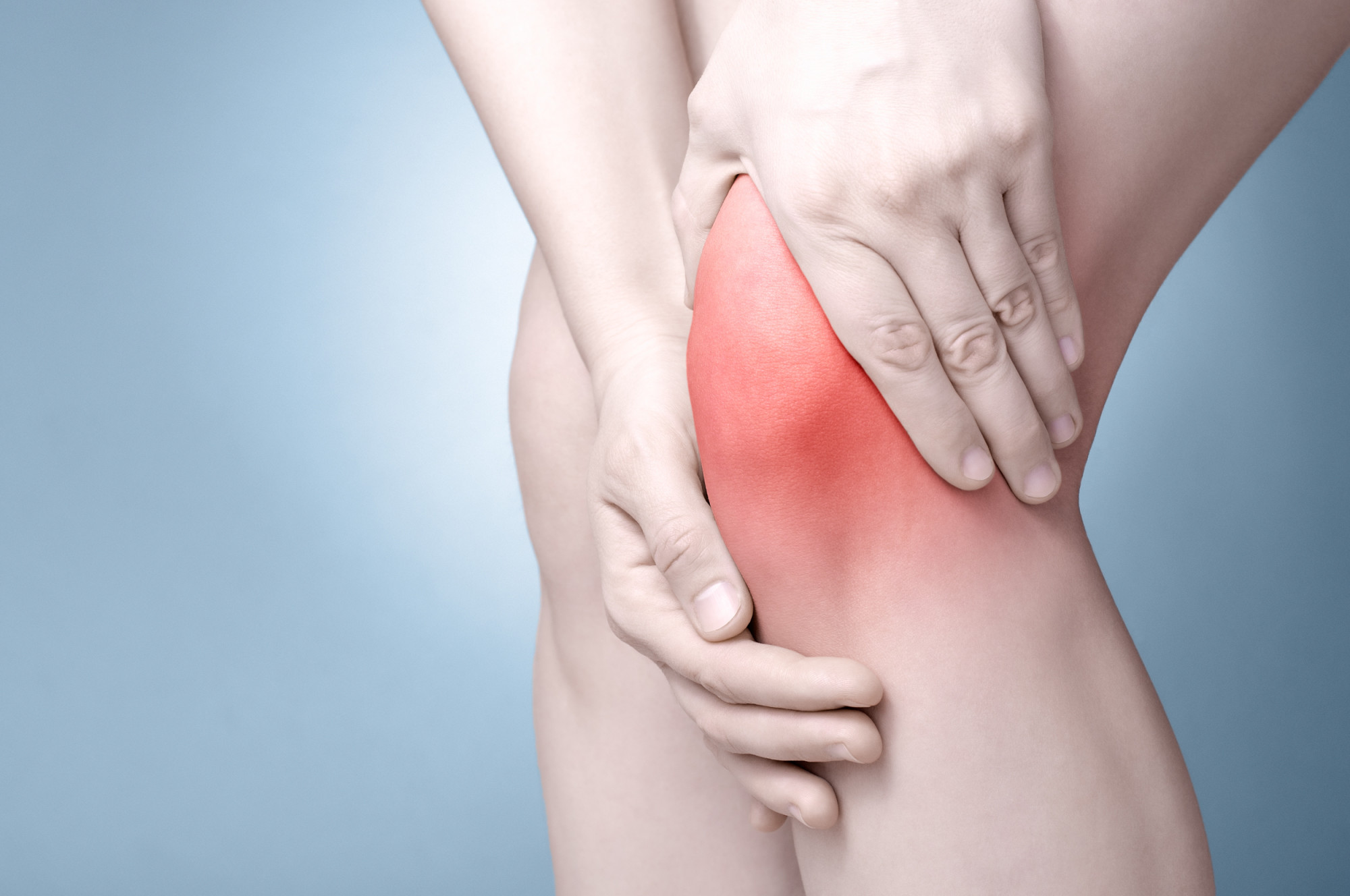
Essential Guide to Good Joint Health

When you’re young, you take your joints for granted. They’re at the top of their game and are perfectly supporting your body.
Unfortunately, as you grow older, your joints suffer deterioration, leading to reduced functionality and pain. As such, in order to get the most out of your joints, you need to work to maintain them.
Curious as to the specifics of good joint health? Then read on. We’re going to cover them in detail below.
Keep the Weight Off
First and foremost, if you want to maintain your joints, you need to keep stress off of your joints. How do you keep stress off of your joints? By keeping your weight at reasonable levels.
Even 10 pounds of weight gain can place substantial additional stress on your body, particularly your knees. Note, though, that the joints in your lower back can be mightily affected as well.
As such, it’s vital that you exercise and eat right. Not only should you be staying at or under your daily caloric limit but you should also be doing 30 to 45 minutes of cardio 4 or 5 days a week.
Stretch!
The more rigid you are in your movements, the more stress you’ll put on your joints. As such, in order to combat rigidity, you need to stretch on a regular basis. Not only should you be stretching when you wake up in the morning but before exercise and other types of physical activity also.
Stretch your back, your legs, your arms, your neck, your shoulders, your groin, and every other part of your body that contains a joint. Stretch deliberately and not as a matter of course. In other words, establish a stretching plan and institute it daily.
Need some help with stretches? This resource might be of some assistance to you.
Avoid Overworking Yourself
One of the tendencies that some people have is to avoid physical exercise during the weekdays and instead go extremely hard on the weekends. While this may help you to catch up on lost time, it’s not the best course of action.
Why? Because it can cause you to overwork your body, placing substantial undue stress on your joints.
Instead of jamming all of your exercises into 2 or 3 days, you’re advised to spread them out throughout the week. By being measured and regular in your fitness, you will keep joint deterioration to a minimum.
Eat Well
The joints in the body are also greatly affected by the diet. As such, if you want to get the most out of your joints, you have to watch what you eat. There are several substances that contribute directly to good joint health, all of which we’ll review below.
Omega-3 Fatty Acids
Omega-3 fatty acids are vitally important to good joint health. They’ve been found to help prevent arthritis. As such, you’re advised to consume these fatty acids on a regular basis.
Where can you find them? In fish, mostly. Not only can you find them in mackerel and tuna but in sardines, salmon, and herring as well.
Not into fish? You can opt for Omega-3 supplements instead. You can find them online or in most health food stores.
Water
It’s impossible to overstate the importance of water. If you want to lead a happy and healthy life, you need to keep yourself hydrated. Failing to keep yourself hydrated can lead to a number of health problems, and your joints are certainly not exempt.
See, water lubricates the joints. So, if there’s not enough water in the body, the joints will experience undue friction and will break down far before their time.
Generally speaking, you should consume around eight 8-ounce glasses of water every day. Note, though, that if you’re on the bigger side, you might need to drink more.
Antioxidants
Antioxidants are vitally important as well. Where antioxidants aren’t, free radicals will be. This spells bad news for the joints over time.
Fortunately, there are tons of sources of antioxidants. These include but aren’t limited to tea, red wine, vegetables, nuts, milk, berries, and seafood. If you want to ensure that you’re getting your antioxidants on a regular basis, you can make use of capsule supplements.
Phytoflavinoids
Phytoflavinoids are phytonutrients known for their anti-inflammatory properties. By eating them consistently, you can do a lot to prevent inflammation in your joints. As such, they should be a staple of your diet.
The foods that contain Phytoflavinoids? Nuts, apples, onions, and coffee are just a few of the options out there. Ginger, parsley, and buckwheat can make a difference as well.
Selenium
Studies tend to suggest that those with arthritis suffer from a deficiency in selenium. As such, to aid in the strength of your joints, you need to add plenty of selenium-rich foods to your diet.
These foods are primarily in the grain category and run the gamut from pasta to whole grain bread to grain cereal and the like.
EGCG
EGCG or epigallocatechin-3-gallate is a chemical compound that resists inflammation. As such, when it comes to joint health, it can be hugely beneficial. Therefore, it should be part of your diet.
Where can you find EGCG? Well, you could buy it in supplement form. However, if you’d rather, you can also get it from drinking green tea.
Looking for Meds to Help Your Joint Health?
As you can see, there’s a lot that goes into maintaining good joint health. But if you want to get the most out of your life, you must make use of the tips above. Not only will your body remain functional for a longer period of time, but you’ll also experience less pain as you age.
Looking for meds to help your joint health? You can find them here at KiwiDrug. Browse our selection of joint and bone meds now!
Related Posts


One Reply to “Essential Guide to Good Joint Health”